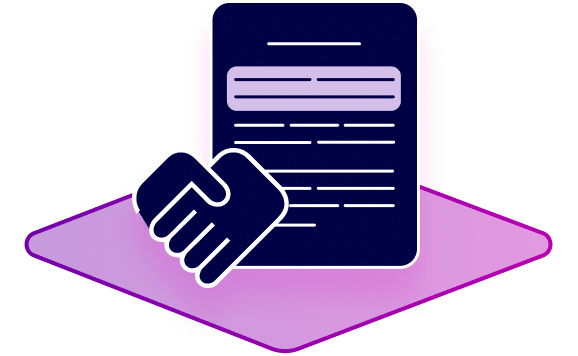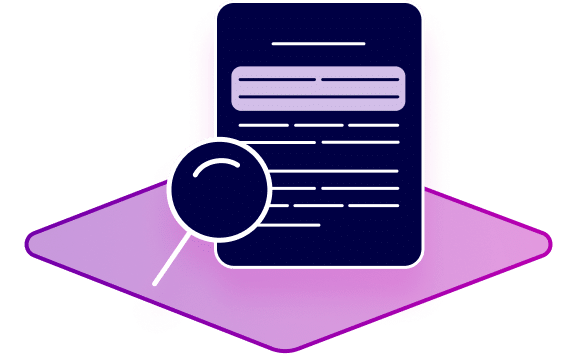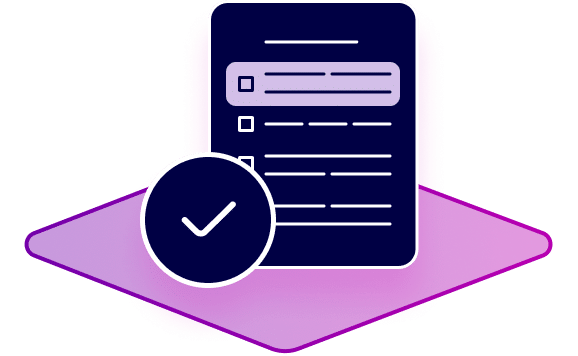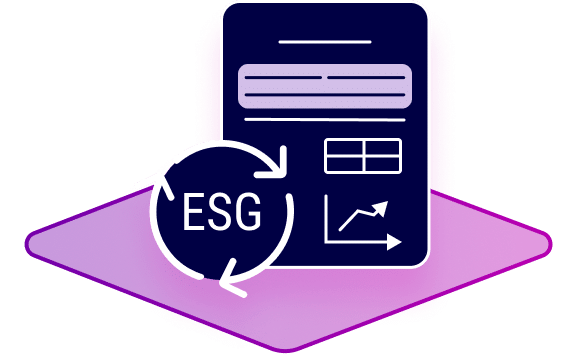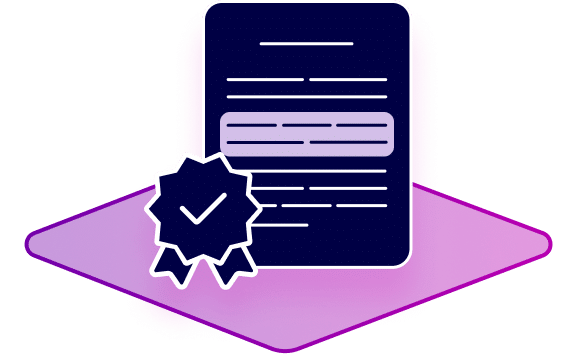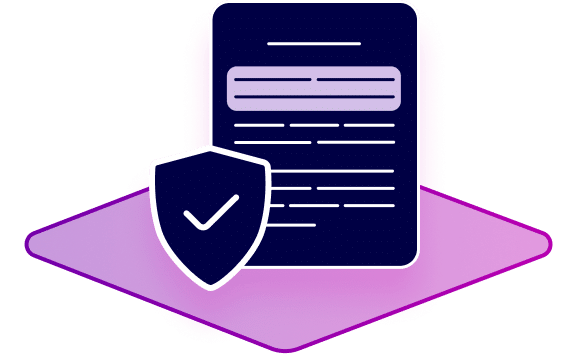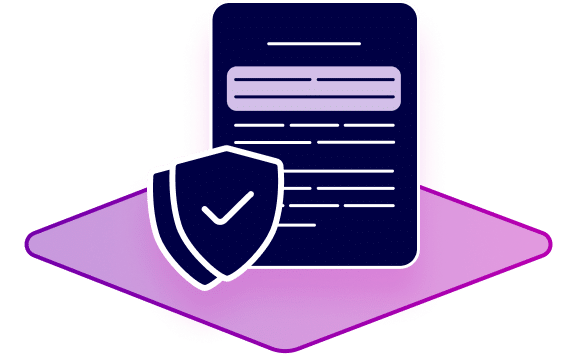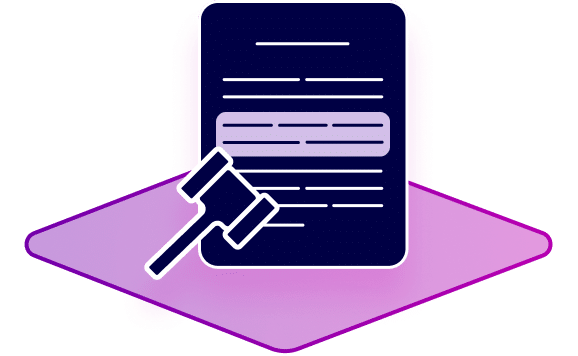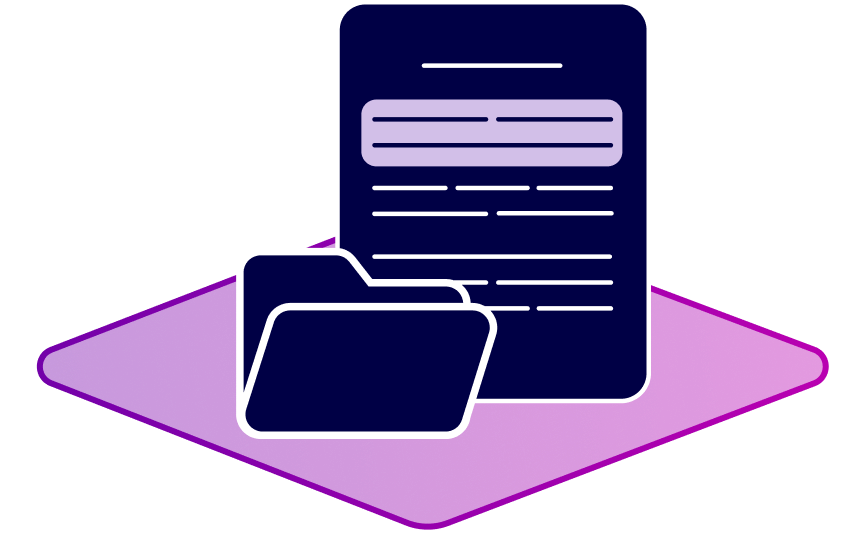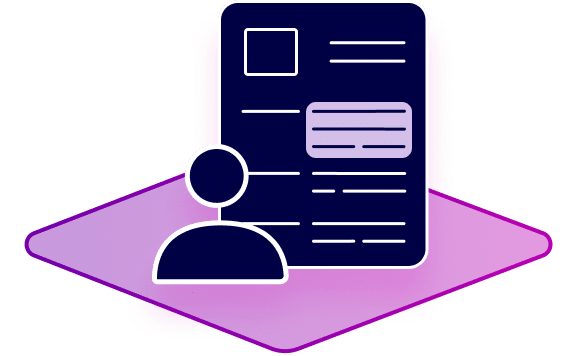
Legal Tech (AI): How do companies benefit from digital solutions?
The legal tech market is booming. No wonder, given the increasing workload in legal departments. According to an EY study, a majority of legal counsel expect workload to increase by 25% over the next three years, without corresponding budget increases. Digital solutions are expected to provide relief. But what exactly is legal tech? In which areas can legal tech already provide effective support? And what opportunities do legal tech AI solutions offer? An overview.
What is legal tech?
Legal tech is still a young discipline. Therefore, there is no general definition of the term. In some cases, digital applications that simplify administrative activities in law firms and legal departments are referred to as legal tech. As a rule, however, the term refers to software solutions that support core legal tasks.
Our definition of legal tech:
Legal tech refers to digital solutions that automate legal workflows to provide legal services more cost-effectively.
What is Legal Tech AI?
Legal tech AI is a subset of Legal tech and means applications that use artificial intelligence (AI). How does artificial intelligence work? The technology combines various machine-learning algorithms that enable applications to answer specific questions based on data analysis, and to independently test and improve their results.
Natural language processing algorithms are a key reason for the massive benefits AI provides, especially in the legal field. Because of them, legal tech AI applications are capable of understanding text at a meaning level. In a text-based discipline like law, that is essential if AI is supposed to add business value.
Typical use cases for legal tech
For almost every area of legal activity, there are legal tech providers that promise simpler processes and faster results. Following the Boston Consulting Group’s Legal Technology Framework, we distinguish the following categories of legal tech: enablers, legal tech for process optimization, and original legal solutions.
Enabler
- Online job platforms for lawyers
- Digital legal education offerings
- IT security solutions
- Digital mail delivery
Legal tech for process optimization
- Accounting solutions for law firms
- Document management systems
- Case management applications
- Compliance solutions
Legal solutions
- Research software
- Automated contract review solutions
- E-Discovery
- Online dispute solution
What are profitable use cases for legal tech AI in business?
In companies, contract review and drafting legally binding correspondence take a lot of time. Although similar processes are handled over and over again, automation has been difficult. This is changing with Legal Tech AI. In text-based work processes, already today, artificial intelligence can cut work times in half and enable even non-lawyers to perform legal activities with confidence.
Example 1: Contract review
In contracts, business partners do not always use identical wording to describe identical facts. Automated checking of documents for keywords is thus prone to errors.
AI solutions, however, can now capture text at the meaning level. If companies define which standards certain contract types must meet and which topics should be flagged as problematic, AI identify these paragraphs and radically shorten the contract review process. In minutes, the application evaluates hundreds of contract pages. And the user can focus on checking the paragraphs marked as problematic.
Example 2: Correspondence
When formulating reply letters, many phrases could be taken from previous pleadings. Here the difficulty lies in finding the earlier documents again. Traditional search functions require a lot of knowledge from the employee about classification and storage modalities of the previous writing. By consequence, documents are often written from scratch.
However, AI solutions are able to search semantically. They display all previous correspondence relevant to a defined topic, regardless of the exact words used in the documents. Users receive hints about reusable pragraphs and can adopt them with just a few clicks. Notes on possibly missing content aspects reduce errors and enable even non-legally trained employees to draft documents that comply with current legal practice.
Jump on board before the train gets too fast
Lawyers have long paid little attention to the opportunities presented by digitization and even less to artificial intelligence. They were convinced their intellectually demanding work could not simply be automated or outsourced to an AI. It is now clear: AI can very well take over core legal work and, given the increasing workload in legal departments, the demand for smart digital solutions is growing rapidly.
After all, we know from other industries how businesses benefit from AI applications:
- Tasks can be completed in a fraction of the time previously required
- Undetected correlations are recognized
- Errors can be reduced to zero
- Decisions are made more objectively, subjective biases are minimized
- Running costs are significantly reduced
The number of legal tech providers is continuously growing. According to analyses by Grand View, the market volume will rise from USD 849 billion in 2020 to USD 1.6 trillion by 2028. By comparison, the global automotive market is estimated at around USD 2.7 trillion (2021).
Law firms and legal departments that do not embrace legal tech and legal tech AI risk massive competitive disadvantages. After all, in just a few years, intelligent applications could be standard in everyday legal practice. Those who then still try to work exclusively with human intelligence will be outpaced not only in terms of speed but also in terms of reliability.
That’s why we recommend lawyers and organizations to start learning about the possibilities of legal tech AI now: How can humans collaborate with AI solutions to add value? In which areas will human legal knowledge still be in demand in the future? What new business possibilities does might open up? Companies that find good answers to these questions will benefit the most from legal tech AI and legal counsels that add AI knowledge to their skillset will not have to worry about their job any time soon.


